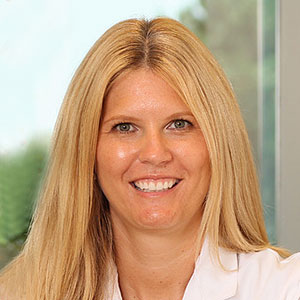Session Abstract – PMWC 2017 Silicon Valley
Session Chair Profile
M.D., Founder at Color Genomics
Biography
Taylor Sittler, MD, is a co-founder and medical lead at Color Genomics. Prior to Color, he completed his medical residency in clinical pathology at UCSF, where he also performed breast cancer and infectious disease research while developing software in genetic analysis as a visiting scholar at the AMPLab in the computer science department at the University of California, Berkeley.
Speaker Profile
M.D., Co-Director, Breast and Ovarian Cancer Genetics and Risk Assessment, Massachusetts General Hospital; Associate Professor of Surgery, Harvard Medical School; Medical Director, Cancer Genetics and Risk Assessment, Hamilton, Bermuda
Biography
Dr. Hughes is actively involved in research regarding the genetics, screening, diagnosis and treatment of breast cancer and is actively involved in the development of Health Information Technology that improves quality while decreasing clinician workload. He co-authored the HL7, ANSI approved standard for transmitting family health history, and was the Principal Investigator for the Cooperative Group Trial (CALGB 9343) that showed radiation therapy had little benefit in women over age 70 with early breast cancer.
Speaker Profile
M.D., Ph.D., Professor, UT Southwestern Medical Center
Biography
Theo Ross serves as the director of the UT Southwestern Cancer Genetics Program in Dallas, Texas. She received her M.D. and Ph.D. from Washington University Medical School in St. Louis and completed her medical residency at Harvard’s the Brigham and Women’s Hospital, followed by a fellowship in oncology at the Dana-Farber Cancer Institute. Her laboratory investigates the normal function of BRCA1 as well as the basic biology of cancer cells and how those cells resist cancer drugs. Her first book A CANCER IN THE FAMILY: Take Control of Your Genetic Inheritance was published by Avery (Penguin/Random House) Books this year.
Speaker Profile
MS, LGC, Associate Director, Division of Human Genetics; Associate Director, Biospecimen Research; Professor, Licensed Genetic Counselor, The Ohio State University Comprehensive Cancer Center (OSUCCC)
Biography
Heather Hampel is an internationally-recognized cancer genetic counselor with a particular emphasis on universal tumor screening of all colorectal (CRC) and endometrial cancer patients for Lynch syndrome. This work changed the standard-of-care genetic screening practices in CRC patients. Heather is the PI of the Ohio Colorectal Cancer Prevention Initiative (OCCPI). OCCPI is a multi-center study (50 hospitals) which provides universal tumor screening for Lynch syndrome and other hereditary cancer syndromes, genetic counseling and testing for at-risk family members, and technology-driven interventions to improve adherence to CRC screening. OCCPI just demonstrated that 16% of early-onset CRC patients have a hereditary cancer syndrome. Heather Hampel was on the Board of Directors for the American Board of Genetic Counseling from 2006-2011, serving as President in 2009 and 2010. She is President-elect of the Collaborative Group of the Americas on Inherited Colorectal Cancer and a Steering Committee member of the National Colorectal Cancer Roundtable.







